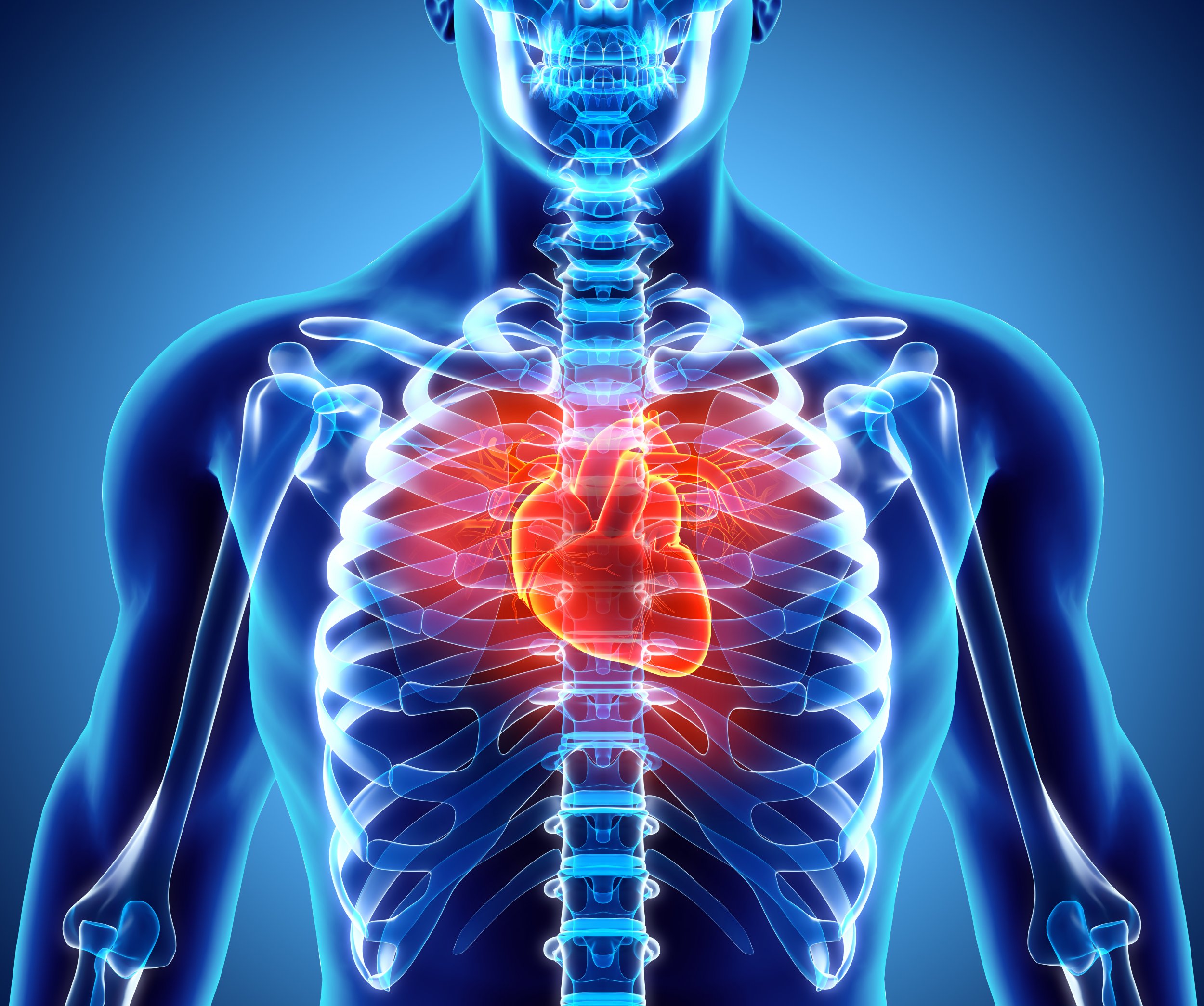
If your wound requires you to wear bandages, change them regularly. Ask how much physical activity you should get each day, and follow any special instructions from your medical team.īlood circulation is a key component of wound healing, because your blood carries oxygen and nutrients to the wound site. You want to move around enough to encourage ample blood circulation, but you don’t want to get so active that you reopen your wound. Your organs and tissues require a multitude of nutrients to function optimally, and while you’ll still eventually heal on a diet of doughnuts and chips, you’ll likely heal faster on a diet of veggies and protein. Likewise, your body is better equipped to do its many jobs (including healing) when you provide what it needs through your diet. In simple terms, your body just has an easier time doing its thing when you sleep well.
HEAL HEART SKIN
For example, your body produces more growth hormone at night, which helps your skin cells regenerate. Without sleep, your body would never heal and recover from daily stressors, let alone an open wound.ĭuring sleep, your body undergoes all sorts of processes that help you recover. Sleep is an amazing part of the regenerative process. Help your body out by implementing these tips next time you get a wound. At the Vein, Heart and Vascular Institute, our board-certified physician Hesham Fakhri, MD, can help, and so can you. If you don’t support your body’s efforts, your wounds might not heal as quickly as they should. The wound-healing process requires a lot of work from your body. Whatever the cause, that dang thing just won’t close up. Or maybe you have a wound from a recent surgery. By the time you’re an adult, those childhood wounds are long healed, even if you have some puckered skin to show for them.īut what happens when you’re an adult and wounds don’t seem to heal like they used to? Maybe you scraped your leg while working in the yard or cut your hand in the kitchen. Skinned knees, scraped elbows, and bumped foreheads are a normal part of life.

While some fish and amphibians can grow new muscle if their hearts are damaged, mammals cannot.Most of us have scars with childhood stories behind them. Not so long ago, few researchers entertained any hopes of regenerating the heart.
HEAL HEART SERIES
It has led to a series of discoveries that promise to provide better ways of regenerating the heart. The bad news is that this approach seems to do little good. They hoped that damaged hearts could be fixed by extracting stem cells from people and injecting them into the heart. A few years ago, doctors thought they might have the answer. Yet if the dead area of their hearts could be replaced with new muscle tissue, their lives would be transformed. This is the fate of millions of people around the world. As the dead cells are replaced by scar tissue, more and more strain will be put on the rest of the heart, causing it to enlarge and slowly fail. When the blood supply to part of your heart was blocked, the muscle cells there died. In one way you can consider yourself lucky: you have just survived a heart attack.īut your troubles are far from over. When the pain passes, you wonder what on earth just happened. You feel sick, dizzy and short of breath.

The pain radiates to your left arm and shoulder, and to the back of your neck. IT STARTS slowly, with a faint discomfort that grows until it feels like a vice is tightening around your chest. (Image: GustoImages/Science Photo Library) With a little persuasion, hearts may be able to repair themselves


 0 kommentar(er)
0 kommentar(er)
